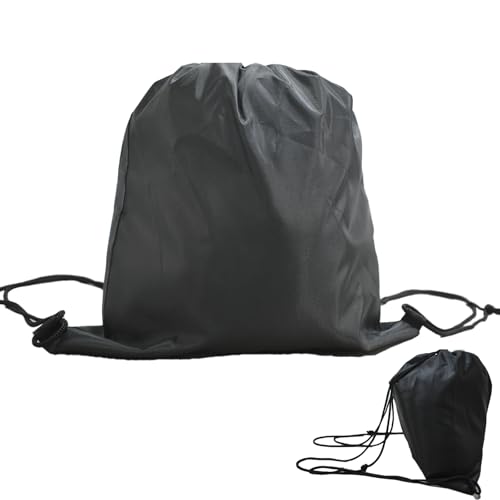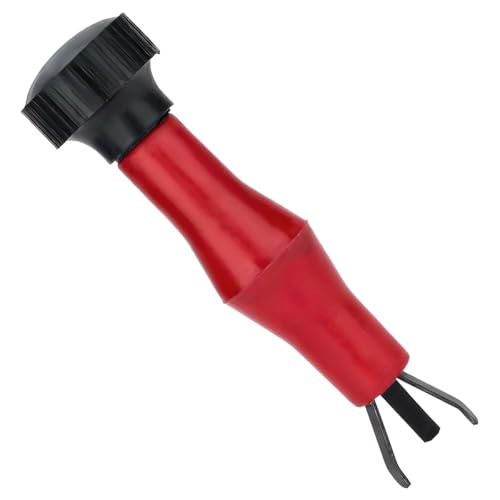JimLor
Well-known member
I absolutely agree with cougar8000 that "progressively squeezing and not slamming" is proper braking technique and is what every rider should learn and use. Unfortunately, during PANIC stops the brain doesn't have the time to process the necessary "proper technique" signals and relay them to the hand/foot. PANIC assumes a "stop now or die" situation/reaction and "slamming" is the survival instinct. That's when ABS is worth its weight in gold - in my humble opinion.
Yes, in theory you can train yourself to a fine point so that even during PANIC stops you'll use "proper" technique - do what you're trained to do without thinking. I would submit that that level of time/effort/training is well beyond what even hard core street riders have the time to train to. I know the proper braking technique and I use it - however, I'm glad that I have ABS so that in cases where my training isn't "ingrained" I can have that safety net to fall back on.
That's what I think.
Yes, in theory you can train yourself to a fine point so that even during PANIC stops you'll use "proper" technique - do what you're trained to do without thinking. I would submit that that level of time/effort/training is well beyond what even hard core street riders have the time to train to. I know the proper braking technique and I use it - however, I'm glad that I have ABS so that in cases where my training isn't "ingrained" I can have that safety net to fall back on.
That's what I think.





















































